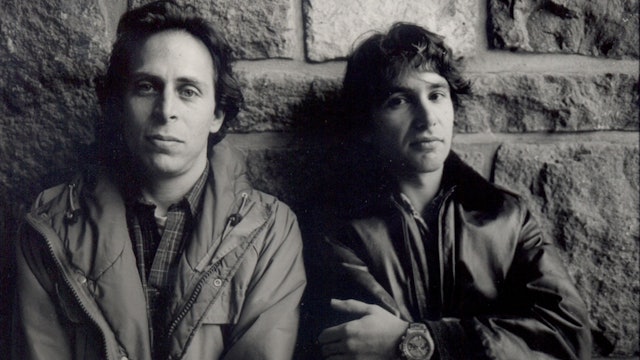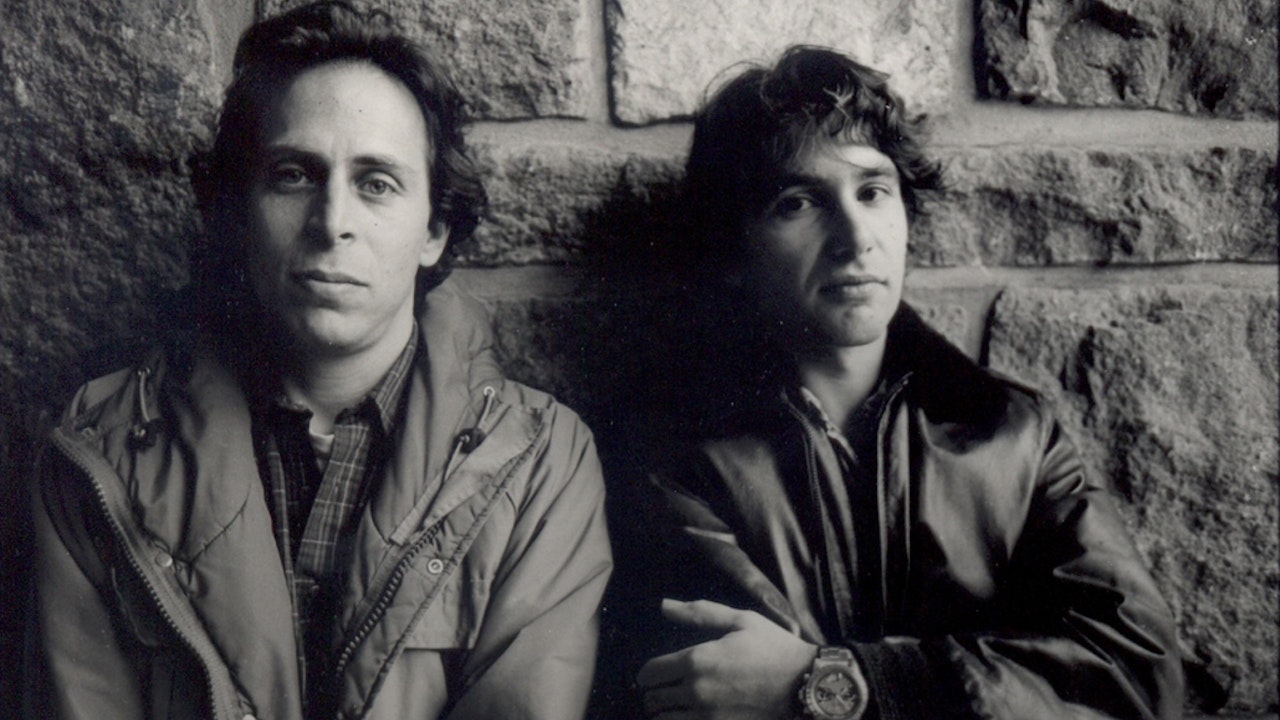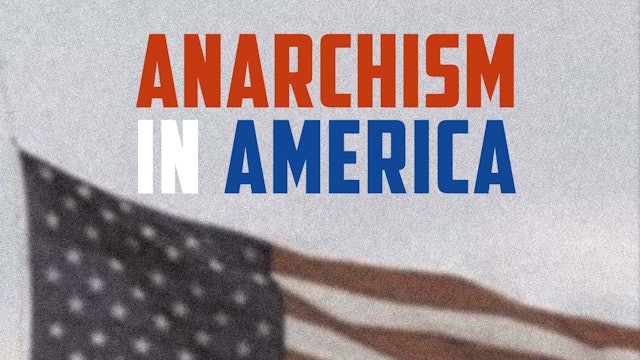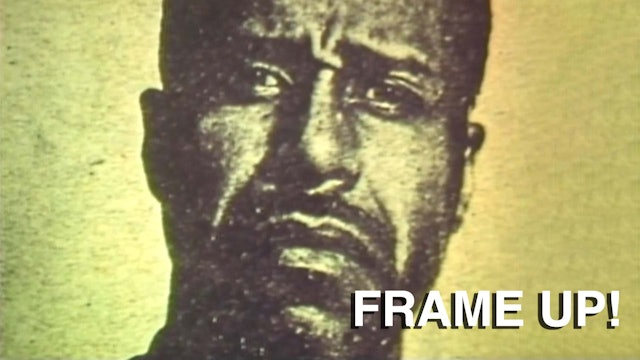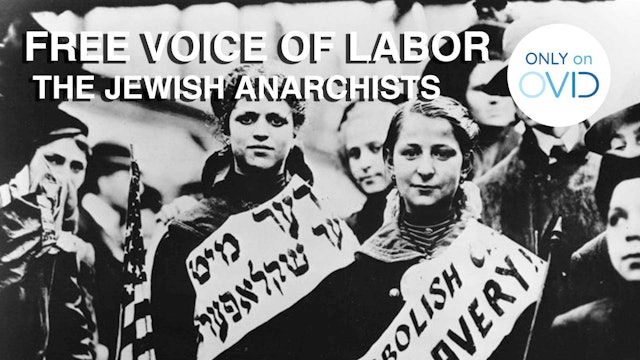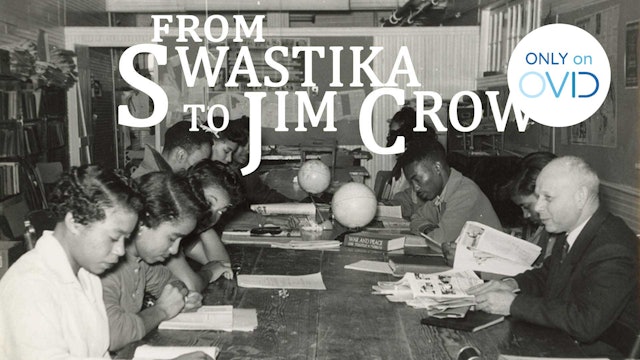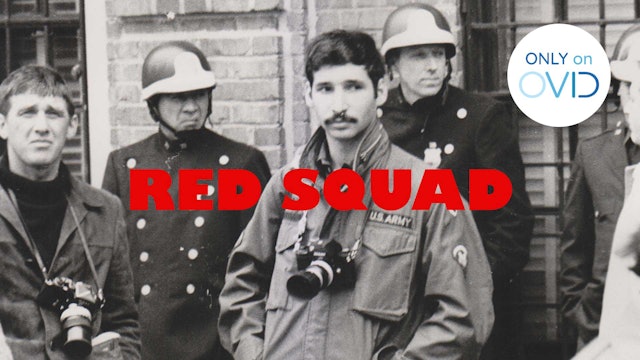Pacific Street Films
FRIENDS SINCE THE AGE OF NINE, Sucher and Fischler grew up in a rough-and-tumble Brooklyn neighborhood and early on they took the rebellious road: declaring themselves “anarchists” while still enrolled in Brooklyn Technical High School. In 1970, two of their NYU student films, I AM CURIOUS HAROLD and INCITING TO RIOT, caught the attention of film school instructor Martin Scorsese, who encouraged them to use film as a political tool.
Establishing Pacific Street Films while still film students at NYU, Sucher and Fischler began tackling subjects that were never mediocre or mundane. RED SQUAD, in 1971, pitted them against the forces of both the police and FBI’s surveillance units; ever-present at the many anti-Vietnam War demonstrations they filmed at in the early 1970s. In his New York Times review, Vincent Canby called RED SQUAD, “funny, in the way that two spies are funny when they suddenly discover they’re spying on each other. Yet it’s dead serious, the record when four young filmmakers decide to run their own surveillance on the surveillants, those keepers of secret files who monitor protest groups, minority groups, demonstrations…”
Fischler and Sucher’s work helped free a wrongly imprisoned man. Martin Sostre, a black bookstore owner in Buffalo, New York, was framed on a drug dealing charge by the local sheriff. As part of the production of FRAME-UP: THE IMPRISONMENT OF MARTIN SOSTRE (1973) the filmmakers found and convinced the key prosecution witness in the original trial to publicly recant his testimony. Eventually, New York State governor Hugh Carey granted Sostre executive clemency on Christmas Eve, 1975.
By the late 1970s the two turned their activist interest in anarchism into Guggenheim Fellowships in film (the pair were the youngest at the time, 1978, to receive the honor) and their research into the subject resulted in the production of two films, FREE VOICE OF LABOR: THE JEWISH ANARCHISTS (1980) and ANARCHISM IN AMERICA (1982).
FROM SWASTIKA TO JIM CROW premiered as part of PBS’s Black History Month in 2001. Sam Freedman, writing in the New York Times, described the story as, “bearing witness to a chapter of Jewish and African-American history that has remained almost unknown”. In a review in the New York Daily News, Eric Mink wrote that the film is an “affirmation of the human spirit, of the ability of one human being to touch another irrespective of race, religion or politics.”
-
Anarchism in America
Directed by Steven Fischler and Joel Sucher • Documentary • 1982 • 75 minutes
A colorful and provocative survey of anarchism in America which attempts to dispel popular misconceptions and to trace its historical development, both as a native American philosophy stemming from 19th century America...
-
Frame Up!
Directed by Steven Fischler, Joel Sucher and Howard Blatt • Documentary • 1974 • 30 minutes
Examining the case of Martin Sostre, a black Puerto Rican bookstore owner in Buffalo, New York who was framed on drug possession charges in 1967 and sentenced to prison, this film shows how the American j...
-
Free Voice of Labor: The Jewish Anarchists
Directed by Steven Fischler and Joel Sucher • Documentary • 1980 • 55 minutes
A dramatic portrait of immigrant life in the U.S. as seen through the eyes of the sweatshop workers who made up the Jewish anarchist movement. Between 1900 and WWI they built trade unions, organized schools, sponsored ...
-
From Swastika to Jim Crow
Directed by Lori Cheatle • Documentary • 2000 • 60 minutes
In the 1930s Jewish intellectuals who escaped Nazi Germany and immigrated to the U.S. faced an uncertain future. Confronted with anti-Semitism at American universities and a public distrust of foreigners, many sought refuge in an unlikel...
-
Red Squad
Directed by Steven Fischler, Joel Sucher, Howard Blatt and Francis Freedland • Documentary • 1972 • 45 minutes
An investigative (but frequently humorous) documentary on the surveillance activities of the New York City Police Department's Bureau of Special Services, known as the Red Squad.

